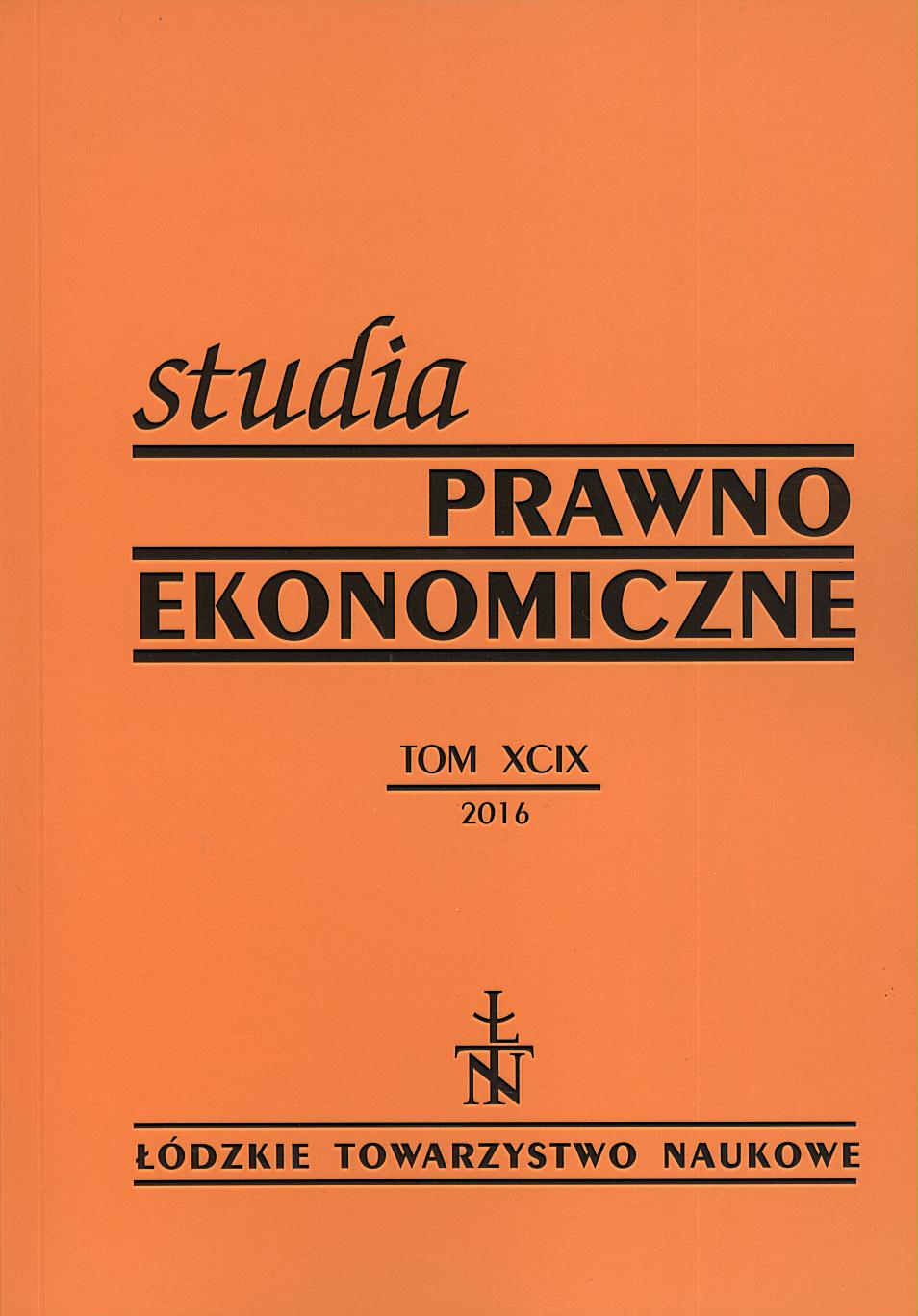Judicial Dialogue on the ECB’s OMT Decision: From Autopoietic Discourse to Legal Leveraging
Judicial Dialogue on the ECB’s OMT Decision: From Autopoietic Discourse to Legal Leveraging
Author(s): Izabela JĘDRZEJOWSKA-SCHIFFAUERSubject(s): Economy, Law, Constitution, Jurisprudence, Financial Markets, Public Finances
Published by: Łódzkie Towarzystwo Naukowe
Keywords: ECB’s OMT decision; interpretation of EU law; the CJEU; preliminary ruling; Bundesverfassungsgericht
Summary/Abstract: The present contribution looks into selected aspects of the Bundesverfassungsgericht’s request fora preliminary ruling regarding the European Central Bank’s OMT Decision of September 2012 andthe subsequent ruling in that regard by the Court of Justice of the EU (CJEU). The author focusesnot exclusively on the legal and economic ramifications of the judicial dialogue between the Germancourt and the CJEU on the ECB’s OMT programme, but attempts to foreground political andsocietal anchoring behind the argumentation developed by both Courts. The main contention ofthis paper is that the instances of legal leveraging eminent in the CJUE’s jurisprudence stem fromthe mismatch between the ‘conventional’ legal reading of relevant provisions on the economic andmonetary union on the one hand and most recent developments in EU/Eurozone economic governance,notably in response to the economic crisis, on the other. The author also points out that by itsOMT Decision the ECB effected a qualitative change in the function it has vis-à-vis bondholders,namely, given the restrains of EU law, that of shadowing a lender of last resort.The present contribution looks into selected aspects of the Bundesverfassungsgericht’s request for a preliminary ruling regarding the European Central Bank’s OMT Decision of September 2012 and the subsequent ruling in that regard by the Court of Justice of the EU (CJEU). The author focuses not exclusively on the legal and economic ramifications of the judicial dialogue between the German court and the CJEU on the ECB’s OMT programme, but attempts to foreground political and societal anchoring behind the argumentation developed by both Courts. The main contention of this paper is that the instances of legal leveraging eminent in the CJUE’s jurisprudence stem from the mismatch between the ‘conventional’ legal reading of relevant provisions on the economic and monetary union on the one hand and most recent developments in EU/Eurozone economic governance, notably in response to the economic crisis, on the other. The author also points out that by its OMT Decision the ECB effected a qualitative change in the function it has vis-à-vis bondholders, namely, given the restrains of EU law, that of shadowing a lender of last resort.
Journal: Studia Prawno-Ekonomiczne
- Issue Year: 2016
- Issue No: 99
- Page Range: 43-61
- Page Count: 19
- Language: English

